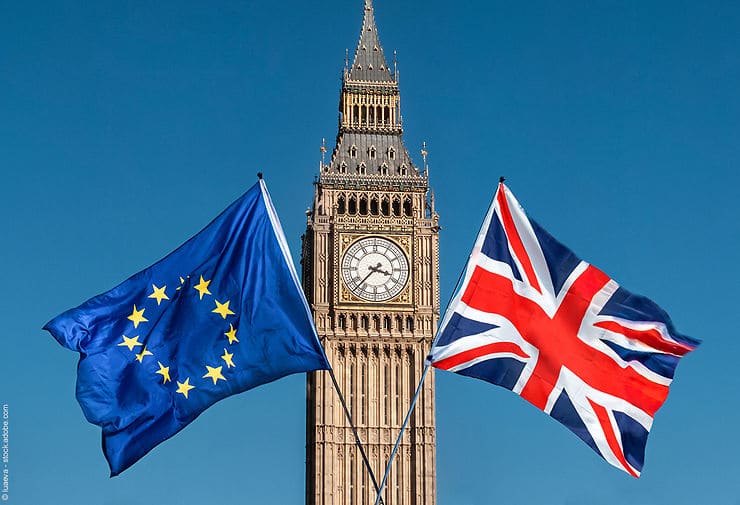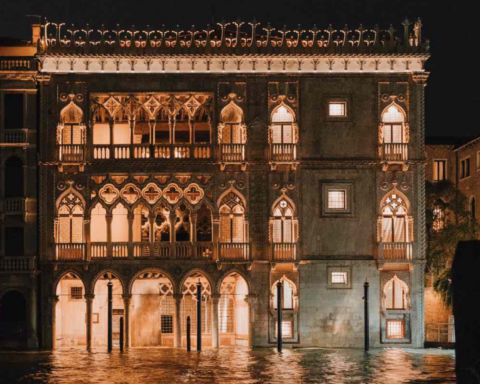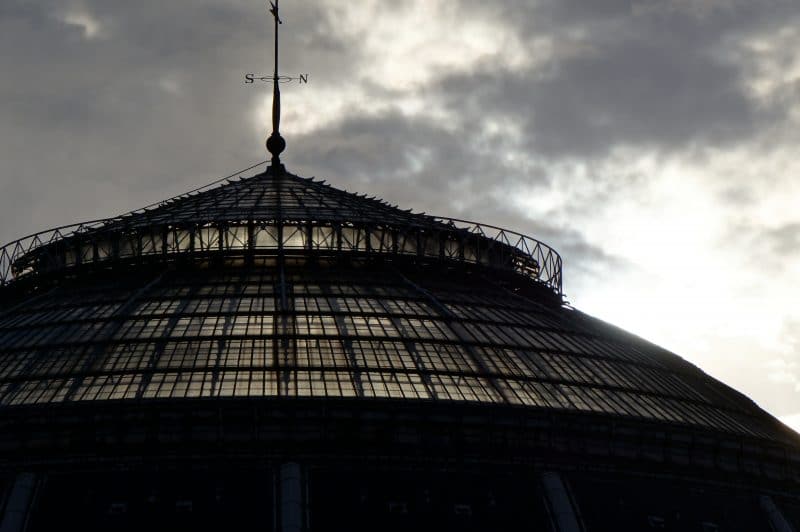[vc_row njt-role-user-roles=”administrator,armember”][vc_column][vc_column_text]
In order not to have to extend the possibility of VAT exemption to European Union nationals, London has abolished it for all international tourists. This measure, which will come into force on January 1, 2021, is scaring British luxury retailers.
As part of Brexit, London has abolished the VAT exemption for all foreign tourists.
At present, Great Britain allows tourists who are not originally from an EU country to benefit from a VAT exemption on their purchases, the standard rate of which is 20% across the Channel. However, as it is no longer a member of the European Union (EU), the United Kingdom should have extended this tax exemption to European Union nationals, who have officially become third countries for London.
If this extension of the tax exemption had been necessary in the name of the World Trade Organization (WTO) principles of fairness, it could have cost the United Kingdom’s finances £1.4 billion (or 1.5 billion euros). As a result, the British government eventually decided that it would not extend the tax to tourists from EU member countries. The only exception: certain purchases will be exempt from VAT provided they are shipped directly to the consumer’s foreign address.
After a particularly difficult year, British retailers consider this decision to be very unfair. The measure is likely to impact the luxury sector in particular. According to the British daily The Financial Times, several major brands such as Harrods, Burberry and Paul Smith have warned that it would cost them billions of pounds.
Faced with this situation, the Chancellor of the Exchequer, Rishi Sunak, sent a letter to the Minister of Finance in which he stated that the new measure will have a serious impact “on jobs and investment opportunities for major brands in the United Kingdom”. Specifically, the recent decision is expected to result in the loss of 135,000 direct and indirect jobs in tourism.
Yet the luxury sector is dependent on foreign consumers. In the United Kingdom, the luxury market has indeed jumped by 49% to 48 billion pounds in 4 years thanks to the purchases of international visitors. In 2019, Great Britain welcomed 40.8 million European visitors who spent 28.4 billion pounds. Less numerous, tourists from outside the European Union, particularly from the Middle East and China, made almost two thirds of purchases, worth £17.8 billion.
Ultimately, it is Paris that is trying to capture this foreign clientele, especially Asians and Americans. As of January 1, 2021, the minimum amount of purchases to qualify for VAT exemption will be reduced to €100 within 3 days, compared to €175 in a single day today. In addition, the ceiling for cash refunds of the VAT rebate will be raised from €1,000 to €3,000. This last measure is aimed in particular at Chinese consumers, who are increasingly hungry for luxury products.
Read also > BREXIT : BRITISH LUXURY INDUSTRY WORRIED
Featured Photo : © Presse[/vc_column_text][/vc_column][/vc_row]










